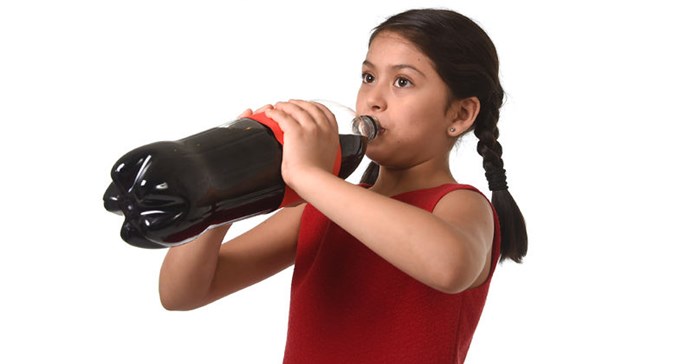In response to an article citing endocrinologist Dr Sundeep Ruder, the Beverages Association of South Africa (BevSA) says sugar intake is best controlled by education and product reformulation.
In the article, Ruder suggests that sugar intake should be limited over the festive season, highlights the contribution of sugar sweetened beverages (SSBs) to people’s daily sugar intake and contends that the fructose found in most sugar sweetened beverages is often made from high fructose corn syrup.
"It should be noted that sugar sweetened beverages in South Africa overwhelmingly contain sucrose derived from sugar cane and the use of high fructose corn syrup (HFCS) is insignificant in South Africa, a fact this article does not convey," a statement from BevSA says.
"BevSA supports the idea that the intake of sugar to the daily diet should be moderated and that education about good eating habits is vital. There are numerous programmes already underway to reduce daily energy intakes from SSBs, including various healthy food initiatives formed with the department of health to help South Africans make healthy lifestyle choices, as well as reformulation and resizing of products and portion sizes.
No consensus
Moreover, there is no scientific consensus that sugar is any worse for consumers than any other source of calories. Indeed industry studies from leading academics such as Dr James Rippe, an American cardiologist and professor of biomedical sciences at the University of Central Florida cites evidence that sugars are not the main contributor to obesity-related illnesses.
This evidence from recent randomised controlled trials, as the highest level of scientific standard, related to sugar consumption and its health effects does not support a unique link between added sugars and various adverse health effects when consumed at normal levels in a daily diet.
Rippe clearly indicates that it is safe to state that the current literature provides little support for a unique relationship between consumption of added sugars, risk factors for heart disease, diabetes or non-alcoholic fatty liver disease at normally consumed amounts in the human diet. Furthermore, he believes data related to added sugar intake as a potential significant contributor to weight gain and obesity must be treated with great caution.
Committed to product reformulation
"As an industry, we have made a commitment to a 59-75 KJ per capita reduction by 2020 through product reformulation, more variation of less to zero sugar products and reducing package sizes.
"We provide clear facts about product ingredients on our packaging and are supporting the move to new smaller pack sizes to encourage more moderate consumption. The important point here is that our commitment to calories reduction as an industry, which we have publically communicated should be subjected to external verification, will exceed the targeted calorie reduction under the proposed sugar tax."
Research has shown that reformulation of products and portion control through changes to pack sizes are among the most effective policy interventions to contribute to the reduction of obesity levels.
For example, the report Overcoming Obesity by the McKinsey Global Institute identified portion control and reformulation as the two most impactful interventions to reduce obesity. Members of our industry are already making significant progress in sugar reduction and reformulation, BevSA says.
A balanced diet is the key to dealing with obesity. To this end, the beverages industry of South Africa believes that all beverages, including carbonated soft drinks, can be part of a healthy and balanced lifestyle.




































